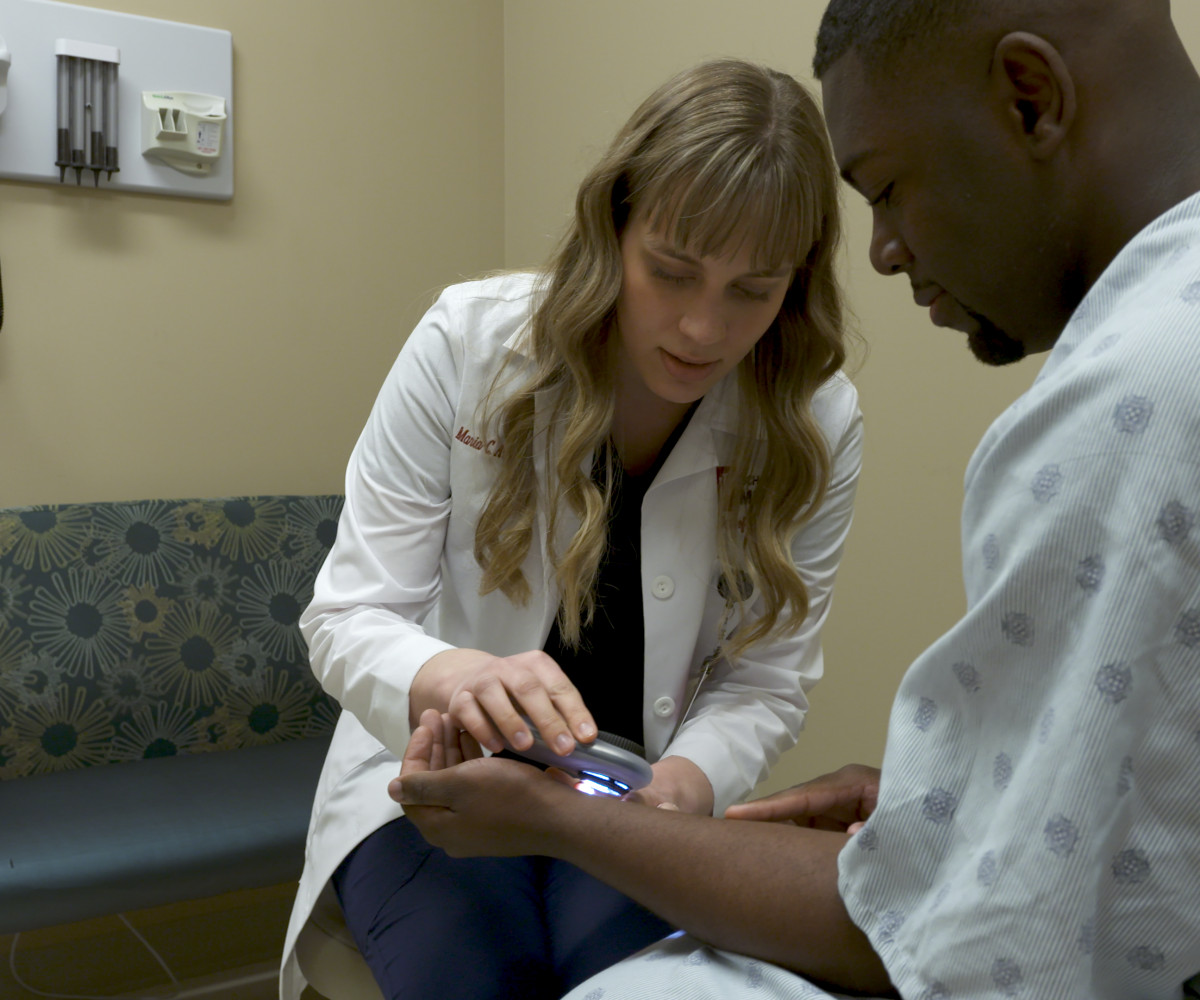
Skin Cancer Curriculum for Medical Schools
To apply: Create an account (register) or login, then click 'apply now' and fill out the form to request use of the curriculum.
This curriculum is intended for use by medical schools. You must be a faculty member or otherwise oversee medical student education to access the curriculum. Please direct any questions to: [email protected].
WHY IS SKIN CANCER CURRICULA IN MEDICAL SCHOOLS IMPORTANT?
According to a report published in JAMA Dermatology, it is estimated that less than fifty percent of dermatology cases are correctly diagnosed when they are addressed by non-dermatologists. In medical schools across the United States, students who are not studying dermatology as a specialty may not be learning all they need to know to detect skin cancer: the most prevalent cancer in America. This may result in delays of proper treatment for future patients. For melanoma patients, the stage of their cancer may mean the difference between life and death, as nearly 8,000 people die of the disease annually.
MEETING A NEED
Our team has developed a free Skin Cancer Curriculum for Medical Schools, an innovative program to teach ALL students, not only those studying dermatology, how to detect skin cancer and how to conduct a full-body skin exam. Patients, particularly those who may not have easy access to specialists, see their primary care physicians for everything, including skin exams. It is particularly important for primary care physicians to learn to recognize skin cancer. This program has the potential to improve rates of early detection and to help save lives.
Our curriculum provides modules for each year of medical school. There is also a video that teaches students how to conduct a comprehensive, full-body skin exam. Recognizing that schools are challenged by adding new material into already-packed curricula, this program is developed for easy implementation.
WHAT WILL STUDENTS LEARN?
While non-dermatology students are not expected to become experts in skin cancer, after completing the program, they should know how to identify skin cancer, conduct a full-body skin exam, know what to do when a skin cancer is suspected, understand types of biopsies, learn what to discuss with patients about skin cancer prevention and self-exams, and understand the roles of the medical team in a skin cancer patient’s medical care.
This activity is supported through an independent grant from Bristol Myers Squibb, an independent educational grant from Merck & Co., Inc., Rahway, NJ, USA, and with support from Castle Biosciences, the William Paul Peterson Education Fund, Larry Hainey Education Fund, and Bill Baker Memorial Fund at Outrun the Sun.
Special thanks to Lawrence Mark, MD, PhD, Associate Professor of Clinical Dermatology
Indiana University School of Medicine